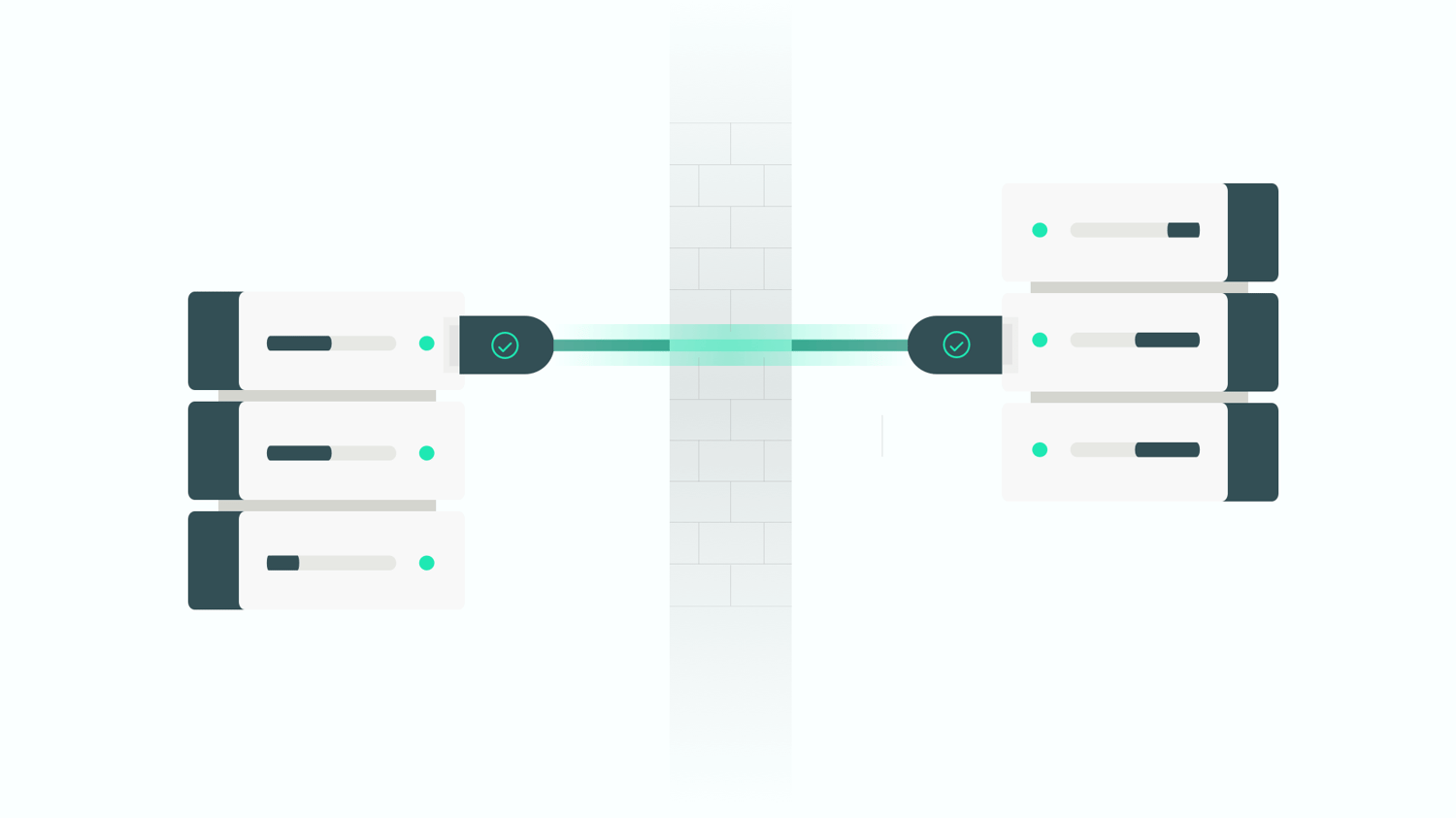What port forwarding is

Port forwarding is crucial in networking in facilitating efficient data communication between devices. Whether you're a tech enthusiast or an aspiring network administrator, understanding port forwarding and its connection with VPNs is essential for optimizing your network setup.
What is port forwarding?
Port forwarding is a technique to redirect incoming network traffic from one IP address and port to another. In simpler terms, it acts as a virtual gateway that allows external devices or networks to connect to specific services running on devices within a local network. By forwarding network packets through a specific port, port forwarding enables efficient access to services hosted on devices behind a router or firewall.
How does port forwarding work?
It's essential to grasp the concept of ports to understand how port forwarding functions. Ports are virtual channels within a computer or network device that enable communication between applications and services. They act as endpoints that allow data to flow in and out of a device.
To understand how port forwarding works, let's consider an example. Imagine you want to host a multiplayer game on your home computer and allow your friends to join. However, your computer is connected to a local network with a private IP address assigned by your router. This private IP address is not directly accessible from the Internet.
Here's where port forwarding comes into play. By configuring your router to forward incoming connections on a specific port (e.g., port 25565 for Minecraft) to your computer's private IP address, you enable external devices to connect to your game server.
To set up port forwarding, you typically access your router's administration interface and define rules specifying which ports should be forwarded to which local IP addresses. This process may vary depending on the router model and firmware but usually involves specifying the external port, internal port, and local IP address of the service hosting.
The connection between port forwarding and VPNs
A VPN is a secure tunnel that encrypts and routes your internet traffic through a remote server, providing anonymity and protecting your data from prying eyes. While VPNs offer many benefits, they can sometimes interfere with port forwarding due to the way they handle network traffic.
When you connect to a VPN, your device's internet traffic is encapsulated within an encrypted tunnel and routed through the VPN server. This routing makes your device appear as if it has the IP address of the VPN server rather than your actual IP address. As a result, any incoming connection attempts will reach the VPN server instead of your local network.
To overcome this limitation, some VPNs offer a feature called "VPN port forwarding." It allows you to forward specific ports from the VPN server to your local device, bridging the gap between VPN protection and direct access to services on your local network.
By using VPN port forwarding, you can securely access devices on your home network while benefiting from the privacy and security features of a VPN. For example, you can remotely connect to a network-attached storage (NAS) device, access security cameras, or even control smart home devices from outside your home, all while ensuring the traffic remains encrypted and protected.
Port forwarding is an essential networking technique that enables external devices to access specific services running on devices within a private network. It allows you to host servers, share files, and remotely access devices from anywhere. However, the traditional port forwarding setup can be disrupted when using a VPN.
VPN providers have addressed this by offering VPN port forwarding, which bridges the gap between VPN protection and the need for direct access to local services. Understanding port forwarding and its connection to VPNs empowers you to use both technologies effectively.
Follow Us on Social Media
Recent Articles
How to Use VPNs for Secure Social Media Management
Jul 29, 2024 | 9 mins to readHow to Set Up a VPN on Windows 10/11?
Aug 14, 2024 | 7 mins to readHow to Use Signal App in Russia: Solve Signal Ban
Aug 12, 2024 | 4 mins to read30 Best FMovies Alternatives in 2024 (Still Working)
Aug 12, 2024 | 14 mins to readAccess anything anywhere anonymously with X-VPN
24/7 one-one live chat support
Ultimate protection for 5 devices
Access to all worldwide contents
8000+ servers at 225 locations
30-DAY MONEY-BACK GUARANTEE

